JONATHAN
STRANGE
_0001_002.jpg)
Mr NORRELL
_0002_001.jpg)
JONATHAN
STRANGE
_0001_002.jpg)
Mr NORRELL
Susanna Clarke
Illustrations by Portia Rosenberg
BLOOMSBURY
Copyright by Susanna Clarke
Illustrations by Portia Rosenberg
All rights reserved. No part of this book may be used or reproduced in any manner whatsoever without written permission from the publisher except in the case of brief quotations embodied in critical articles or reviews. For information address Bloomsbury USA, 175 Fifth Avenue, New York, NY 10010.
Published by Bloomsbury Publishing, New York and London
The Library of Congress has catalog the hardcover edition as follows:
Clarke, Susanna.
Jonathan Strange & Mr Norrell / Susanna Clarke.1st U.S. ed.
p. cm.
ISBN: 1-58234-416-7
1. Teacher-student relationshipsFiction. 2. London (England)Fiction. 3. York (England)Fiction. 4. MagiciansFiction. 5. FairiesFiction.
I. Title: Jonathan Strange and Mr Norrell. II. Title.
PR6103.L375J65 2004
823.92dc22
2004002402
First published in the United States by Bloomsbury Publishing in 2004
This e-book edition published in 2010
E-book ISBN: 978-1-60819-535-0
www.bloomsburyusa.com
In memory of my brother,
Paul Frederick Gunn Clarke, 19612000
CONTENTS
.
_0011_003.jpg)
He hardly ever spoke of magic, and when he
did it was like a history lesson and no one
could bear to listen to him.
1
The library at Hurtfew
Autumn 1806 January 1807
S OME YEARS AGO there was in the city of York a society of magicians. They met upon the third Wednesday of every month and read each other long, dull papers upon the history of English magic.
They were gentleman-magicians, which is to say they had never harmed any one by magic nor ever done any one the slightest good. In fact, to own the truth, not one of these magicians had ever cast the smallest spell, nor by magic caused one leaf to tremble upon a tree, made one mote of dust to alter its course or changed a single hair upon any one's head. But, with this one minor reservation, they enjoyed a reputation as some of the wisest and most magical gentlemen in Yorkshire.
A great magician has said of his profession that its practitioners "... must pound and rack their brains to make the least learning go in, but quarrelling always comes very naturally to them," and the York magicians had proved the truth of this for a number of years.
In the autumn of 1806 they received an addition in a gentleman called John Segundus. At the first meeting that he attended Mr Segundus rose and addressed the society. He began by complimenting the gentlemen upon their distinguished history; he listed the many celebrated magicians and historians that had at one time or another belonged to the York society. He hinted that it had been no small inducement to him in coming to York to know of the existence of such a society. Northern magicians, he reminded his audience, had always been better respected than southern ones. Mr Segundus said that he had studied magic for many years and knew the histories of all the great magicians of long ago. He read the new publications upon the subject and had even made a modest contribution to their number, but recently he had begun to wonder why the great feats of magic that he read about remained on the pages of his book and were no longer seen in the street or written about in the newspapers. Mr Segundus wished to know, he said, why modern magicians were unable to work the magic they wrote about. In short, he wished to know why there was no more magic done in England.
It was the most commonplace question in the world. It was the question which, sooner or later, every child in the kingdom asks his governess or his schoolmaster or his parent. Yet the learned members of the York society did not at all like hearing it asked and the reason was this: they were no more able to answer it than any one else.
The President of the York society (whose name was Dr Fox-castle) turned to John Segundus and explained that the question was a wrong one. "It presupposes that magicians have some sort of duty to do magic which is clearly nonsense. You would not, I imagine, suggest that it is the task of botanists to devise more flowers? Or that astronomers should labour to rearrange the stars? Magicians, Mr Segundus, study magic which was done long ago. Why should any one expect more?"
An elderly gentleman with faint blue eyes and faintly-coloured clothes (called either Hart or Hunt Mr Segundus could never quite catch the name) faintly said that it did not matter in the least whether any body expected it or not. A gentleman could not do magic. Magic was what street sorcerers pretended to do in order to rob children of their pennies. Magic (in the practical sense) was much fallen off. It had low connexions. It was the bosom companion of unshaven faces, gypsies, house-breakers; the frequenter of dingy rooms with dirty yellow curtains. Oh no! A gentleman could not do magic. A gentleman might study the history of magic (nothing could be nobler) but he could not do any. The elderly gentleman looked with faint, fatherly eyes at Mr Segundus and said that he hoped Mr Segundus had not been trying to cast spells.
Mr Segundus blushed.
But the famous magician's maxim held true: two magicians in this case Dr Foxcastle and Mr Hunt or Hart could not agree without two more thinking the exact opposite. Several of the gentlemen began to discover that they were entirely of Mr Segundus's opinion and that no question in all of magical scholarship could be so important as this one. Chief among Mr Segundus's supporters was a gentleman called Honeyfoot, a pleasant, friendly sort of man of fifty-five, with a red face and grey hair. As the exchanges became more bitter and Dr Foxcastle grew in sarcasm towards Mr Segundus, Mr Honeyfoot turned to him several times and whispered such comfort as, "Do not mind them, sir. I am entirely of your opinion;" and "You are quite right, sir, do not let them sway you;" and "You have hit upon it! Indeed you have, sir! It was the want of the right question which held us back before. Now that you are come we shall do great things."
Such kind words as these did not fail to find a grateful listener in John Segundus, whose shock shewed clearly in his face. "I fear that I have made myself disagreeable," he whispered to Mr Honeyfoot. "That was not my intention. I had hoped for these gentlemen's good opinion."
At first Mr Segundus was inclined to be downcast but a particularly spiteful outburst from Dr Foxcastle roused him to a little indignation. "That gentleman," said Dr Foxcastle, fixing Mr Segundus with a cold stare, "seems determined that we should share in the unhappy fate of the Society of Manchester Magicians!"
Mr Segundus inclined his head towards Mr Honeyfoot and said, "I had not expected to find the magicians of Yorkshire quite so obstinate. If magic does not have friends in Yorkshire where may we find them?"
Mr Honeyfoot's kindness to Mr Segundus did not end with that evening. He invited Mr Segundus to his house in High-Petergate to eat a good dinner in company with Mrs Honeyfoot and her three pretty daughters, which Mr Segundus, who was a single gentleman and not rich, was glad to do. After dinner Miss Honeyfoot played the pianoforte and Miss Jane sang in Italian. The next day Mrs Honeyfoot told her husband that John Segundus was exactly what a gentleman should be, but she feared he would never profit by it for it was not the fashion to be modest and quiet and kind-hearted.
Next page
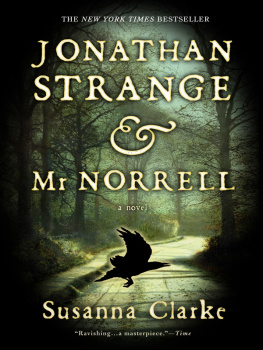
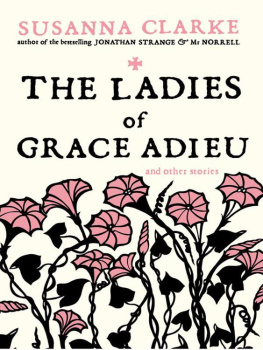

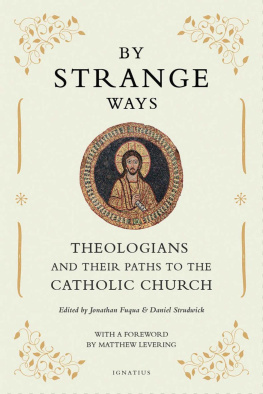
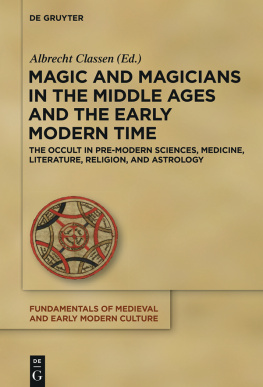
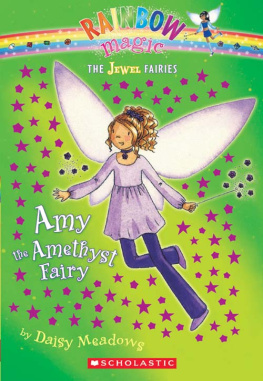
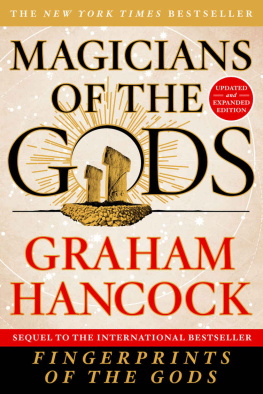
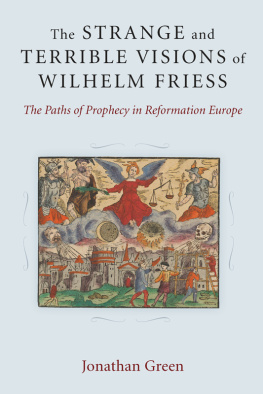
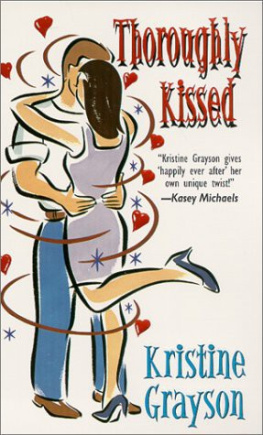
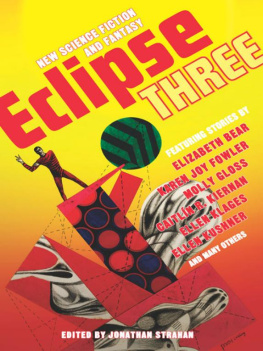
_0001_002.jpg)
_0002_001.jpg)
_0011_003.jpg)